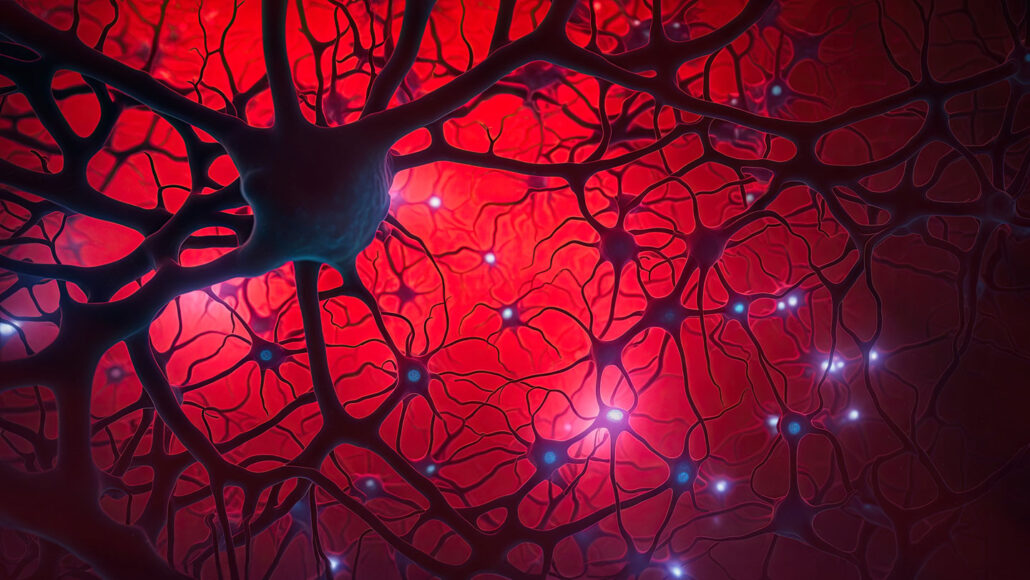
Brain
Scientists Say: Neuroplasticity
Neurons in the brain forge new connections and sometimes trim back old ones. This capacity for change allows us to learn new skills and recover from injury.
Come explore with us!

Neurons in the brain forge new connections and sometimes trim back old ones. This capacity for change allows us to learn new skills and recover from injury.

The speed of our ability to perceive odors is on par with that of color perception, a new sniff device shows.

Contrary to what people often expect, fast-forwarding or switching videos may leave viewers more bored and less satisfied.

Freek van Ede studies how the brain selects information to plan for the future. He’s finding clues in the tiny movements people make with their eyes.

The idea that we use different sides of the brains to be creative or logical is popular — but it’s not supported by science. Here’s why.

Teens can become happier by being kind to themselves and connecting with others — in person, rather than online.

Neuroarts, a new field of science, is finding that exposure to arts can improve learning, behavior and mental health.

Studies of the brainy birds’ abilities to use tools, solve puzzles, speak words and more may teach us about how our species got our smarts.

This deaf experimental psychologist has found that babies are born ready to learn sign language, just like spoken language.

Experts worry that by making it harder to tell what’s true, AI can threaten people’s reputations, health, fair elections and more.